Protein shakes are a popular way to boost protein intake, especially for athletes and fitness lovers. But not everyone enjoys the taste or wants to rely on processed supplements. The good news is that many whole foods can provide the same benefits—or even better ones—without artificial ingredients.
If you’re looking for natural protein sources to replace shakes, here are 12 excellent options that are easy to include in your diet.
1. Eggs – A Complete Protein Source
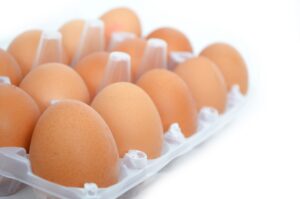
Eggs are one of the best natural protein sources. One large egg contains about 6 grams of protein, along with essential vitamins like B12 and choline, which support brain health. Eggs are also versatile—you can boil, scramble, or poach them for a quick protein-rich meal.
2. Greek Yogurt – Creamy and High in Protein
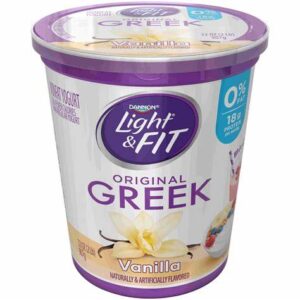
Greek yogurt is thicker and higher in protein than regular yogurt. A single serving (about 170 grams) can have up to 17 grams of protein. It also contains probiotics, which help with digestion. Choose plain, unsweetened Greek yogurt to avoid added sugars, and add fruits or nuts for extra flavor.
3. Cottage Cheese – A Slow-Digesting Protein
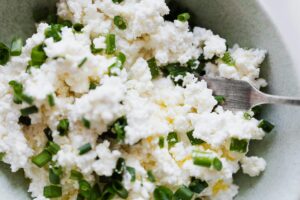
Cottage cheese is another dairy product packed with protein—about 12 grams per 100 grams. It’s rich in casein, a slow-digesting protein that keeps you full for longer. You can eat it alone, mix it with fruits, or use it as a spread on whole-grain toast.
4. Chicken Breast – Lean and Protein-Packed
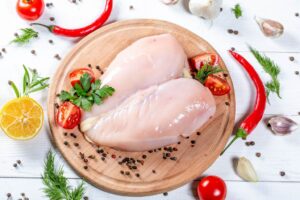
Chicken breast is a favorite among bodybuilders and fitness enthusiasts because it’s low in fat and high in protein. A 100-gram serving provides around 31 grams of protein. Grilled, baked, or shredded into salads, chicken breast is a simple and effective way to meet your protein needs.
5. Lentils – Plant-Based Protein Powerhouse
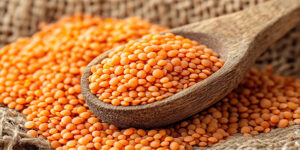
For vegetarians and vegans, lentils are an excellent protein source. One cooked cup (about 200 grams) contains roughly 18 grams of protein, plus fiber and iron. Lentils can be used in soups, stews, or salads for a filling, nutrient-dense meal.
6. Quinoa – A Complete Plant Protein
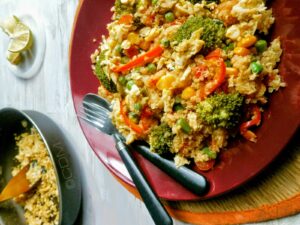
Unlike most grains, quinoa is a complete protein, meaning it has all nine essential amino acids. One cooked cup (about 185 grams) offers 8 grams of protein. It’s also gluten-free and works well in salads, bowls, or as a rice substitute.
7. Almonds – A Crunchy Protein Snack
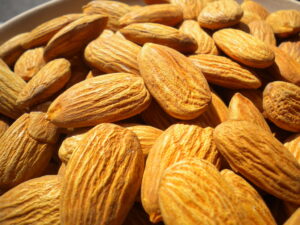
Nuts like almonds are not just healthy fats—they also provide protein. A small handful (about 28 grams) has 6 grams of protein. Almonds make a great on-the-go snack, or you can add them to yogurt and oatmeal for extra crunch and nutrition.
8. Tuna – Quick and Protein-Rich
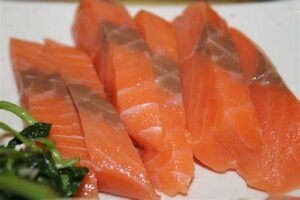
Tuna is a lean fish with high protein content—about 25 grams per 100-gram serving. It’s also rich in omega-3 fatty acids, which support heart health. You can enjoy tuna in salads, sandwiches, or as a simple grilled fillet.
9. Chickpeas – Versatile and Filling
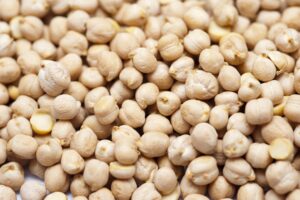
Chickpeas, also called garbanzo beans, are a great plant-based protein option. One cooked cup (about 165 grams) has about 15 grams of protein. You can blend them into hummus, roast them for a crispy snack, or add them to curries.
10. Pumpkin Seeds – Tiny but Protein-Dense
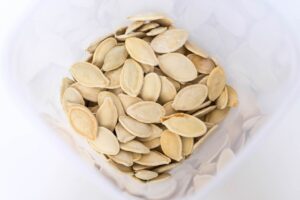
Pumpkin seeds are often overlooked but are packed with protein—about 7 grams per 28-gram serving. They also contain magnesium, which helps with muscle recovery. Sprinkle them on salads, yogurt, or eat them as a snack.
11. Edamame – Young and Nutritious Soybeans
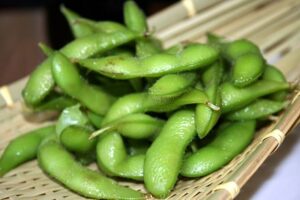
Edamame are young soybeans, offering about 17 grams of protein per cooked cup (155 grams). They’re also rich in fiber and vitamins. You can steam them and eat as a snack or add them to stir-fries and salads.
12. Lean Beef – Iron and Protein Combo
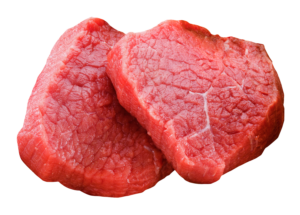
Lean beef is not only high in protein (about 26 grams per 100 grams) but also provides iron, which helps prevent fatigue. Choose cuts like sirloin or tenderloin for a lower-fat option, and grill or bake for a protein-packed meal.
Why Choose Natural Protein Over Shakes?
Protein shakes can be convenient, but whole foods offer additional nutrients like fiber, vitamins, and healthy fats that shakes often lack. Natural protein sources also keep you full longer and support overall health better than processed supplements.
Final Thoughts
You don’t need protein shakes to meet your protein needs. These 12 natural alternatives provide plenty of protein along with other health benefits. Whether you prefer animal or plant-based options, there’s something for everyone. Try adding a few of these foods to your meals and see how they work for you.
By choosing whole foods, you’ll not only get your protein but also enjoy better taste, texture, and nutrition—all without artificial ingredients.
Would you like recipe ideas using these protein sources? Let us know in the comments!
